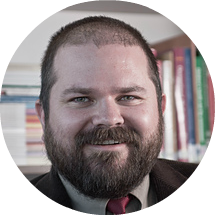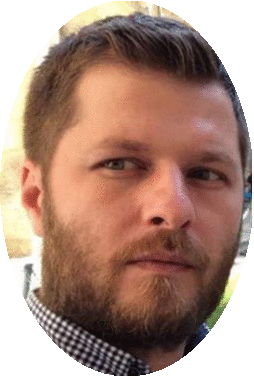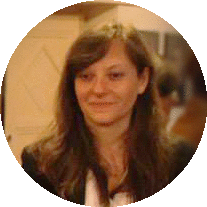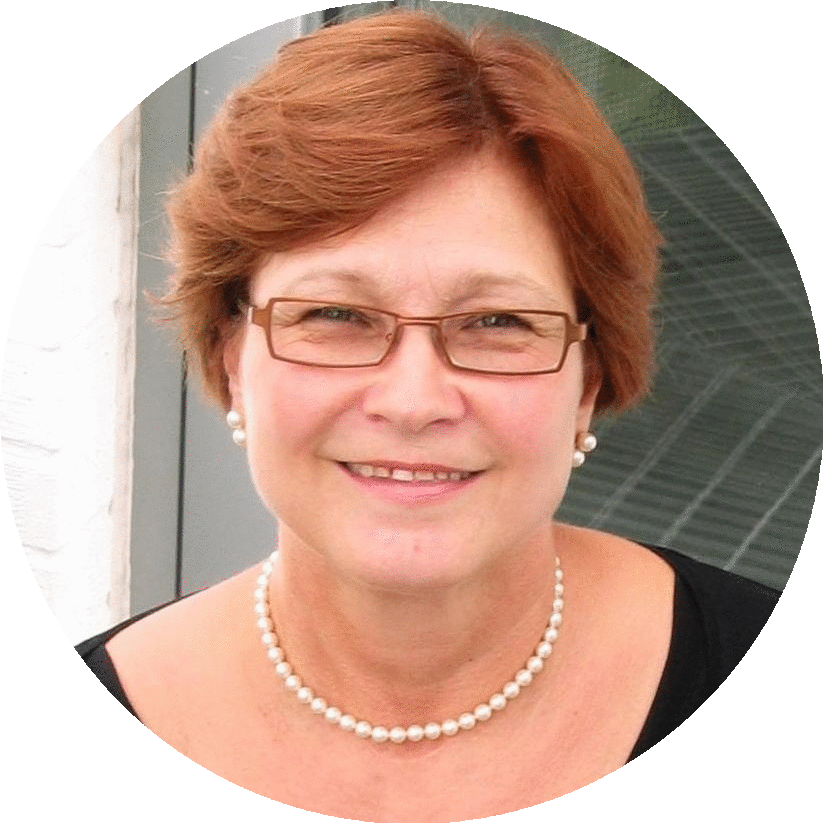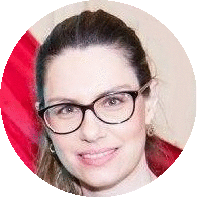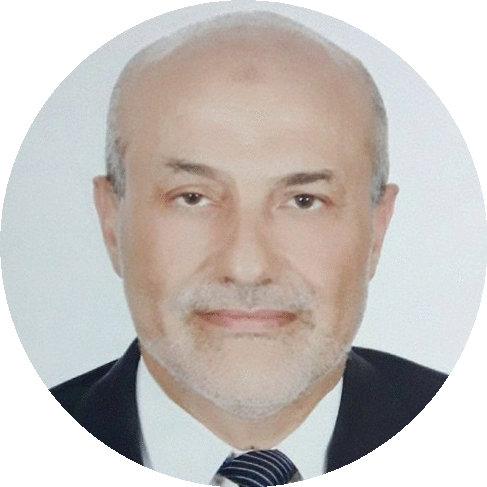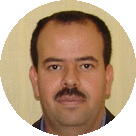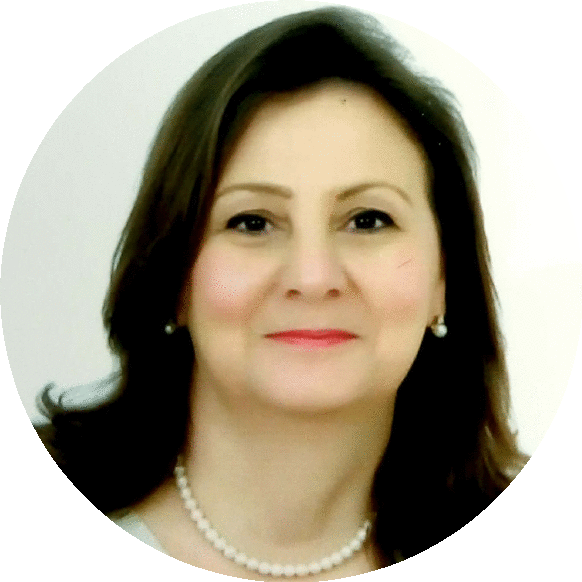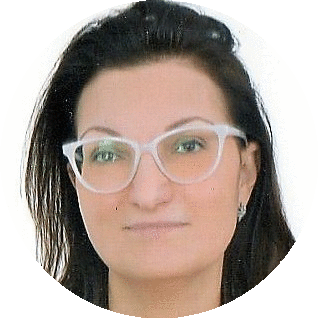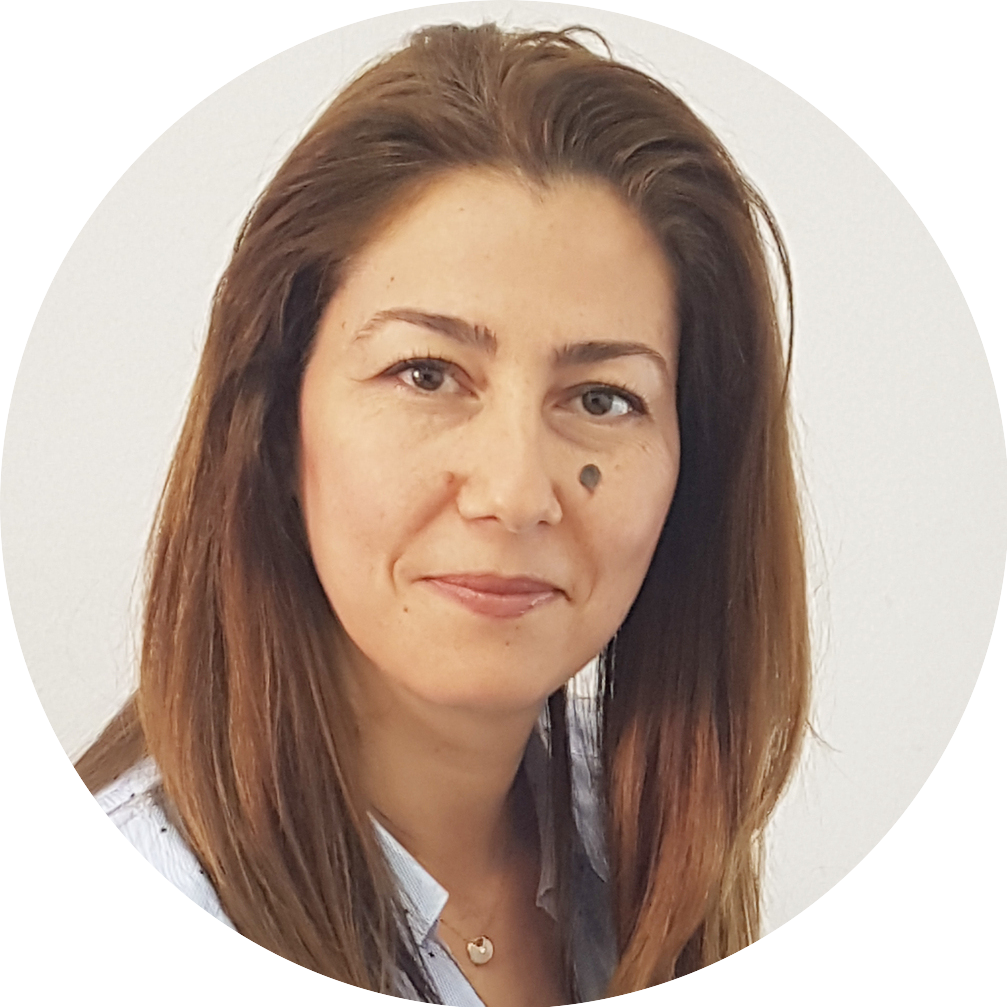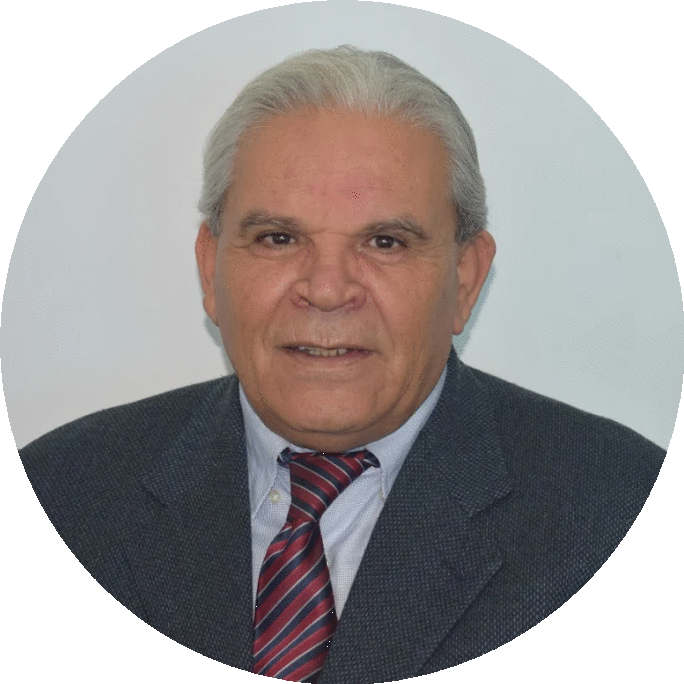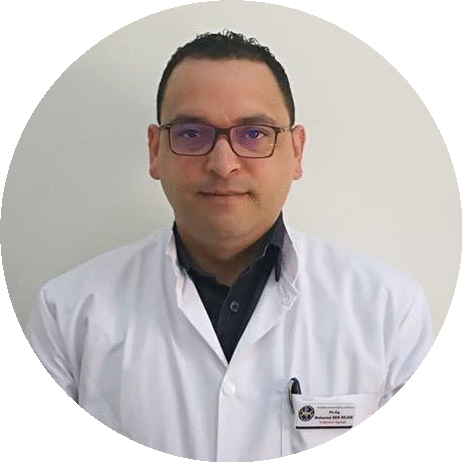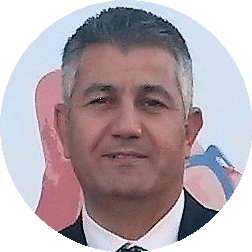Partners
Department of Public Health, Babes-Bolyai University (Romania)
Babeș-Bolyai University (UBB) is one of the most prestigious higher education institutions from Center-Eastern Europe, being the university with the oldest academic tradition in Romania (1581). It is the largest Romanian university (approximately 34.500 students and 1.700 faculty staff), situated at the confluence of the Eastern and Western cultures. UBB offers the 1st bachelor program in Public Health taught in English from Central and Eastern Europe (Cluj School of Public Health). UBB also offers a Master program in Public Health and a Doctoral program in Public Health.
Tem members:
|
Prof. Univ. Dr. Răzvan Cherecheș Project coordinator
|
Elena Bozdog Project manager |
Mădălina Coman Researcher
|
|
Ovidiu Oltean Researcher
|
Ramona Onciu Researcher |
Unit for Health Promotion Research, University of Southern Denmark (Denmark)
SDU is the third largest university in Denmark, with five faculties and 3360 employees located at five campuses, with the main campus being in Odense. 26000 students, 3500 of whom originate from foreign countries, are currently attending the university. SDU has a strong international perspective and it functions in partnership with regional public and private sectors.
The Department of Public Health consists of 10 research units and centers, among them the Unit for Health Promotion Research which is located at Campus Esbjerg. The Unit for Health Promotion Research currently consists of 28 employees from various scientific backgrounds including, for instance, public health, sociology, psychology and medicine. Main Unit research activities focus on 1) epidemiological research on social and behavioral determinants of health with a focus on social inequality, 2) evidence-based and effective interventions to promote health in different settings, among them educational institutions such as schools, and 3) health impact assessments of international and national policies with a focus on development of health.
Team members:
|
Prof. Arja Aro Institutiona coordinator
|
Leena Eklund Karlsson Associate Professor
|
Maria Palianopoulou Research Assistant
|
The Trnava University is the oldest university in Slovakia, established in 1665 and then reestablished in his modern form in 1992. It has five faculties: law, philosphy, health scicences and social work, theology, and pedagogy. The Faculty of Health Sciences and Social Work was established in 1994 and was the first university in Slovakia to offer full time master programs in the field of public health. Currently it offers bachelor, master and PhD programs as well a manager oriented post gradual MPH program. The faculty has been increasingly involved in research projects on a European and Global scale, which is documented by a large number of high-level peer reviewed publications published by faculty and reseacrh staff. The faculty has a powerful know-how in teaching public health and in establishing general public health and speciazlized curricula, both in Slovakia and abroad (including Kenya). The track record of the institutions and the invlolved staff will ensure the succesful implementation of the projects.
Team members:
Marek Majdan
Martin Rusnak
Founded in 1986 as a step towards decentralizing higher education in Tunisia, the University of Sfax has the following mission and priorities: address the studies needs, of economic and social environment; develops and trains human resources: teachers, researchers and technical staff; develops R&D (valorization, innovation, technology transfer); improves the governance of its institutions; develops, strengthens and extends an internationalization culture and climate for the H.E systems.
News and World Best Report in Arab Region Universities Rankings, classifies the University of Sfax as the best university in Tunisia and the third best university in the Arab region in Biological Science Subject and fourth in Computer Science. In 2011 the Moroccan Magazine L’Economiste Ranked the University of Sfax as the best University in the Maghreb Region in terms of academic publications and research quality.
The University of Sfax has 20 institutions, 37.336 students, 2095 teaching staff, 43 research units, 5 doctorate programs, and 103 Memorandum of Understandings with national and international partners.
Team members:
|
Prof. Ali Ayadi Institutional coordinator
|
Nejib Bouthelja Researcher, trainer
|
|
Fatma Cheikhrouhou Operational coordinator, trainer
|
Fatma Ghorbel Project Manager
|
The University of Tunis El Manar (Tunisia)
Faculty of Medicine Tunis (FTM) is part of El Manar University, the largest university in Tunis with 15 schools and institutes, more than 37 000 students and 1500 faculty. It is considered as the top school in medicine in North Africa. FMT encompasses 10 research laboratories and 7 research units that encompass major research topics in medicine and public health. In particular, 3 axes of research have been defined in 2015 with an emphasis on impact on public health: Neurosciences and Mental Health; Endemic diseases; Oncology and cancer diseases.
FMT is also part of an ecosystem of 10 university hospitals in Tunis and Tunis suburbs, each hospital including several units of applied research in medicine and public health encompassing infectious and emerging diseases and public health policies.
|
Prof. Kalthoum Kallel Institutional coordinator
|
Sarra Cheikhrouhou Researcher, trainer
|
|
Lobna Zakaraoui Project Manager
|
University of Sousse (Tunisia)
The University of Sousse offers a wide range of academic and professional programs in different fields, such as: medical, paramedical, economic, technical, management, etc. Currently, University of Sousse has more than 20,000 students and more than 2,000 teachers across 17 institutions of higher education with: 4 faculties, 3 schools, 10 institutes, 1 National degree of doctor of medicine, 42 masters of research (LMD), 49 professional Masters (LMD), 10 doctoral programs, 64 research units.
In the medical field, the University of Sousse has a Faculty of Medicine (2400 students), a high school of science and technical health (500 students) and a higher Institute of nursing (350 students).
For post graduate education, among others, the University of Sousse offers the following programs: Master in medicine and health, Masters of research (Health Sciences, Palliative care) and Professionals Masters (Congenital and Paediatric Cardiology, Professional and Environmental Dermatology, Hospital Hygiene, Quality of Care and Management of Care Services, Clinic Sexology, Non Invasive Ventilation in Hospital and at home).
The University of Sousse is engaged in more than 76 cooperative agreements for research and exchange with foreign universities and centres of research in Africa, Europa, Asia and North America to support the training and research projects.
Team members:
|
Prof. Ali Mtiraoui Institutional coordinator
|
Prof. Mohamed ben Rejeb Operational coordinator, trainer
|
|
Prof. Chekib Zedini Researcher, trainer
|
Latifa Kechiche Project Manager |
